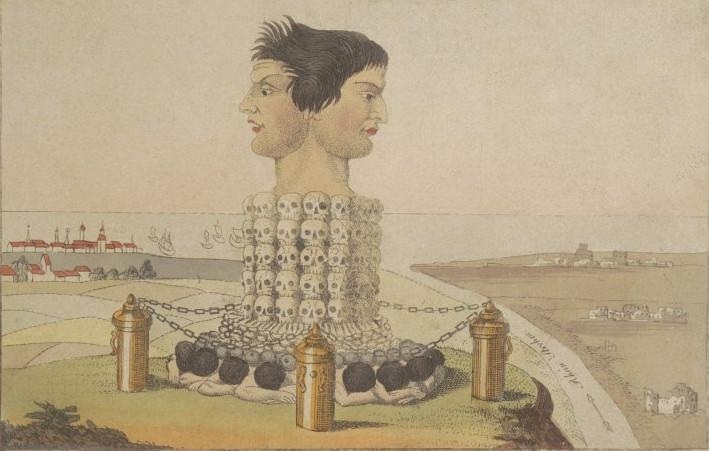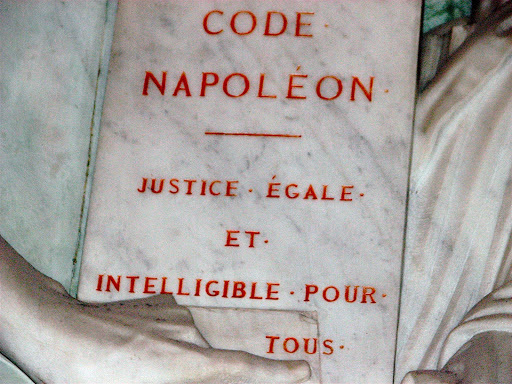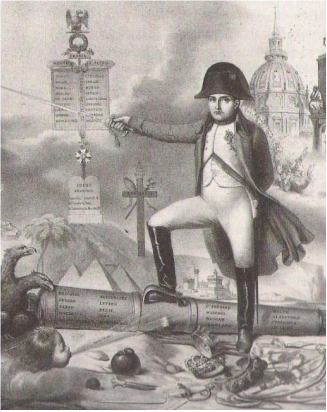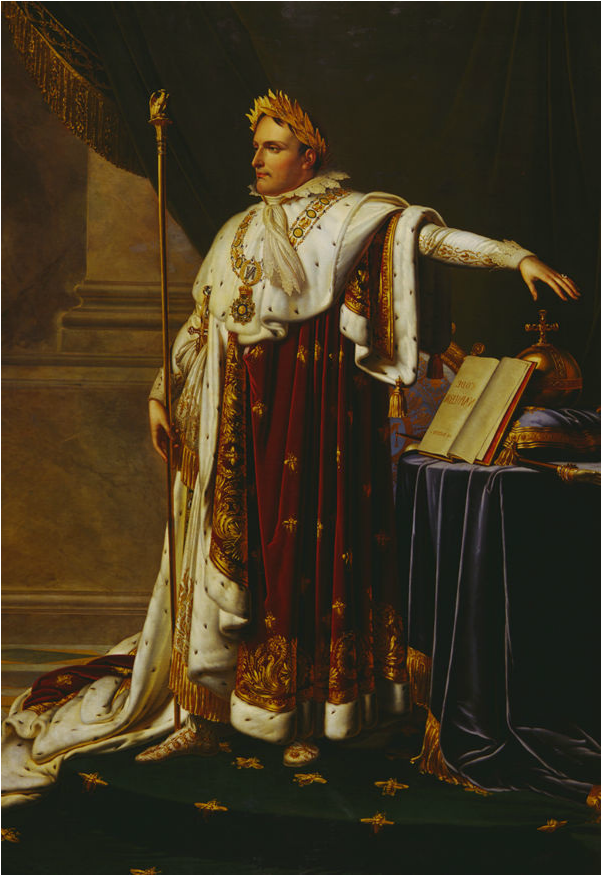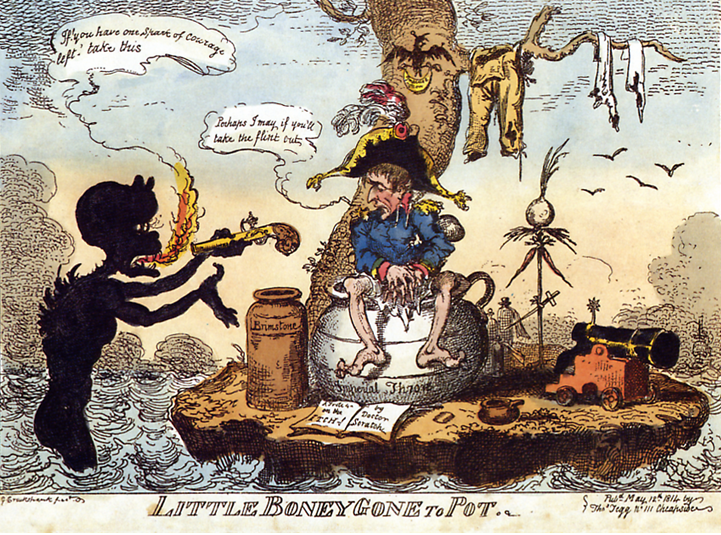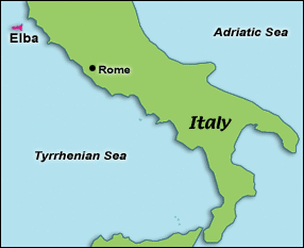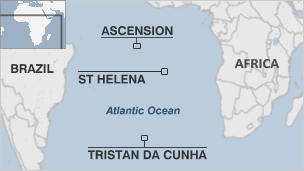Napoleonic "Praise"
Part I: Napoleon, The Legislator
|
The Napoleonic Code established some of the pre-revolutionary conservative laws that existed in France for years! The rights of women were limited. The underclass were heavily regulated. The rich got richer, and the privileged few seemed to enjoy the benefits of protection.
Was there anything "positive" about the Code? Read below. |
Book I: Of Persons
Title I: Of the Enjoyment and Privation of Civil Rights
Chapter VI: Of the Respective Rights and Duties of Married Persons
212. Married persons owe to each other fidelity, succor, assistance.
213. The husband owes protection to his wife, the wife obedience to her husband.
226. The wife may make a will without the authority of her husband.
Title I: Of the Enjoyment and Privation of Civil Rights
- The exercise of civil rights is independent of the quality of citizen...
Chapter VI: Of the Respective Rights and Duties of Married Persons
212. Married persons owe to each other fidelity, succor, assistance.
213. The husband owes protection to his wife, the wife obedience to her husband.
226. The wife may make a will without the authority of her husband.
Part II: Napoleon At War,
The "Quotesman" and the "Quotable"
Perhaps the best way to immortalize an individual is through his words, and through the words said about him. What did Napoleon believe himself to be? And perhaps more importantly, how did his contemporaries view him?
|
War is a progressive force, naturally generating that which would not otherwise have taken place. Free thinking and innovation are but two of the many positive aspects that war creates.
War is an active force for society, a stabilizing and dependable tool. The possibility of war forms the strongest foundation for any ruler’s authority, the extent of which grows in direct relationship to the ever-increasing threat war poses. Subjects will willingly obey so long as there is at least the promise of protection granted them from invaders. Lose the threat of war, or breach the promise of protection, and all authority ends. War can bind the social allegiance of a people like no other institution. Collective aggression is a positive force that both controls dissent and binds social allegiance. |
War is the best method for channeling collective aggression. Lasting peace is not in the best interest of maintaining central authority, nor is constant, never-ending war. Lasting stability can come simply from the organization of any society for war.
Part III: Napoleon, the Prized-Possession
|
In 1815, Emperor Bonaparte would succumb to both militaristic and political loss at the Battle of Waterloo. Surrendering to opposing forces, he was eventually banished to the island of Elba, off the coast of Italy, a "gift" of sorts, as he was awarded an island nation, over which he could "command", near his birth home ofCorsica. When Napoleon escaped some time later, he was eventually banished to a farther island, the island of St. Helena, in the South Atlantic, off the coast of Africa. Napoleon would die there in 1821, but under suspicious circumstances. Some believe arsenic had been slowly administered in his food and drink, enough to eventually kill him. Modern tests run of strands of hair that survived confirmed high levels of arsenic. But even though, says one historian, "British forces had no reason to kill him. In fact, it was quite the opposite. They wanted him alive.” It is most commonly believed that Napoleon died of stomach cancer.
|
In his last will Napoleon wrote that he wanted his ashes to rest by the banks of the Seine in the midst of the French people whom he loved so dearly. So in 1840, King Louis Philippe decided to honor that wish and bring the emperor home. It was a move meant to both please the public and reconcile the French with their history. By then, Napoleon had evolved into a legend. So on December 15, 1840, in a grandiose ceremony, the king welcomed the remains of the emperor to the Hôtel des Invalides.
Nineteen years had passed since Napoleon’s coffin had been lowered into the earth on St. Helena. Sealed with bricks and cement, reversing that process proved challenging. But when the coffin was eventually opened, it was clear that the emperor remained true to form: The legs remained covered in white britches, the hat still resting beside him where it had been placed years before. The silver dish containing his heart lay between the thighs. His hands—white, hard, and perfect—showed long nails. Three teeth were visible where the lip had drawn back, the face gray from the stubble of a beard, the eyelids firmly closed. The body was in remarkable condition, as if he were sleeping rather than decomposing.
Napoleon's body continues to rest in the lower crypt of the Hôtel des Invalides. It remains one of the most popular tourist attractions in Paris.
Nineteen years had passed since Napoleon’s coffin had been lowered into the earth on St. Helena. Sealed with bricks and cement, reversing that process proved challenging. But when the coffin was eventually opened, it was clear that the emperor remained true to form: The legs remained covered in white britches, the hat still resting beside him where it had been placed years before. The silver dish containing his heart lay between the thighs. His hands—white, hard, and perfect—showed long nails. Three teeth were visible where the lip had drawn back, the face gray from the stubble of a beard, the eyelids firmly closed. The body was in remarkable condition, as if he were sleeping rather than decomposing.
Napoleon's body continues to rest in the lower crypt of the Hôtel des Invalides. It remains one of the most popular tourist attractions in Paris.
